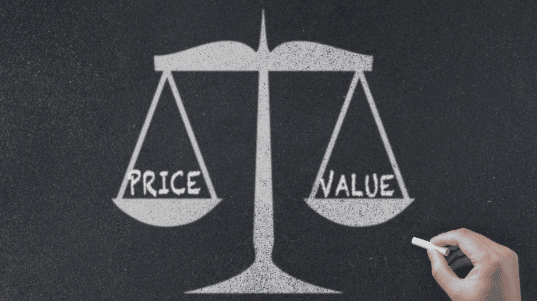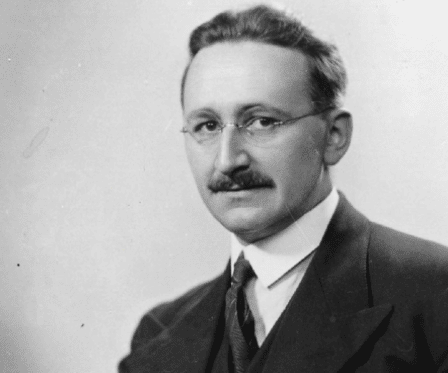The United States and most of the rest of the world are, once again, in the midst of an inflationary crisis. Prices in general are rising at annualized rates not experienced by, especially, the industrialized countries of North America and Europe for well over 40 years. More than 50 percent of the U.S. population is under 40 years of age, meaning that half of the people in the country have never experienced in their life time a period of rising prices such as is now occurring. It is not surprising, therefore, the shock that it has had for so many. There was a period of time in the late 1970s...















